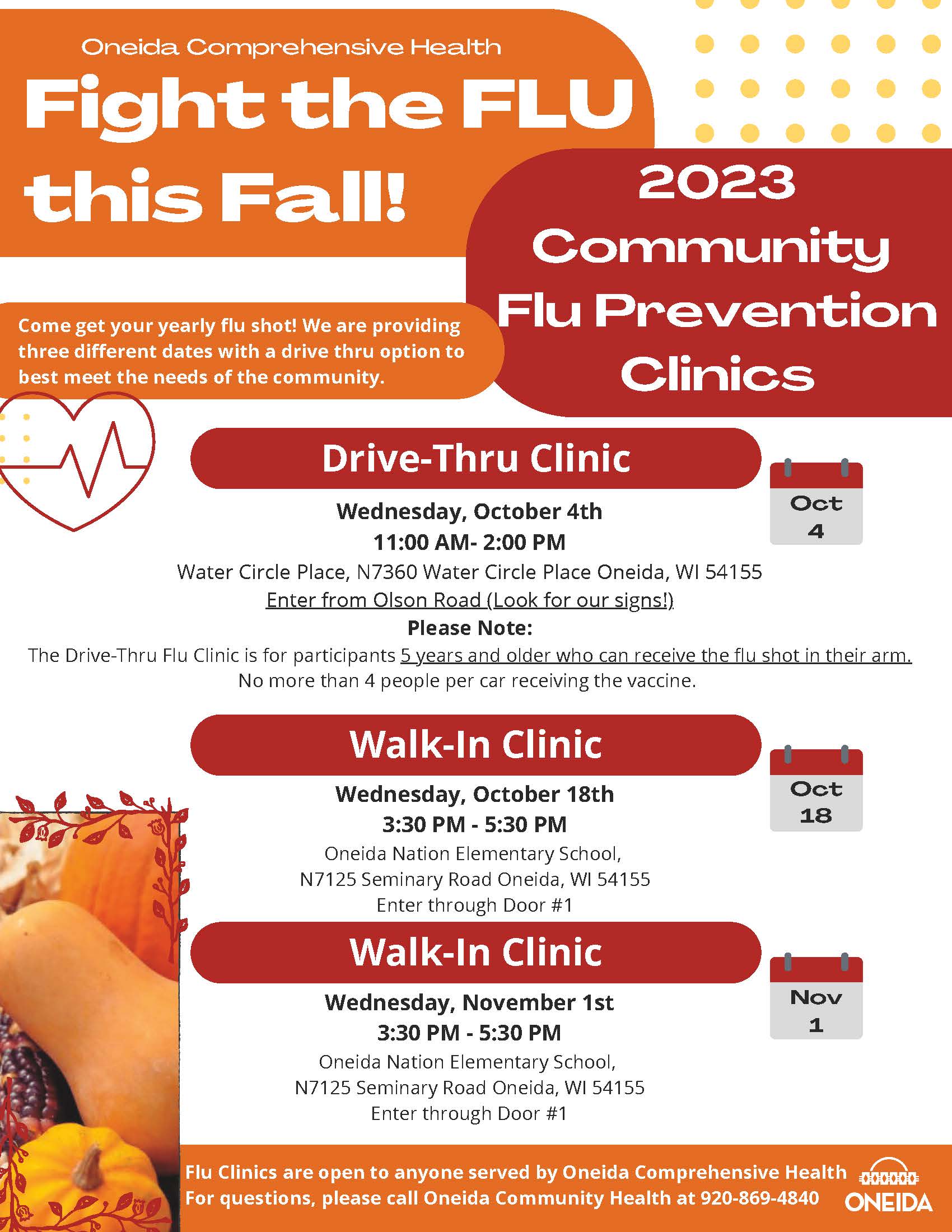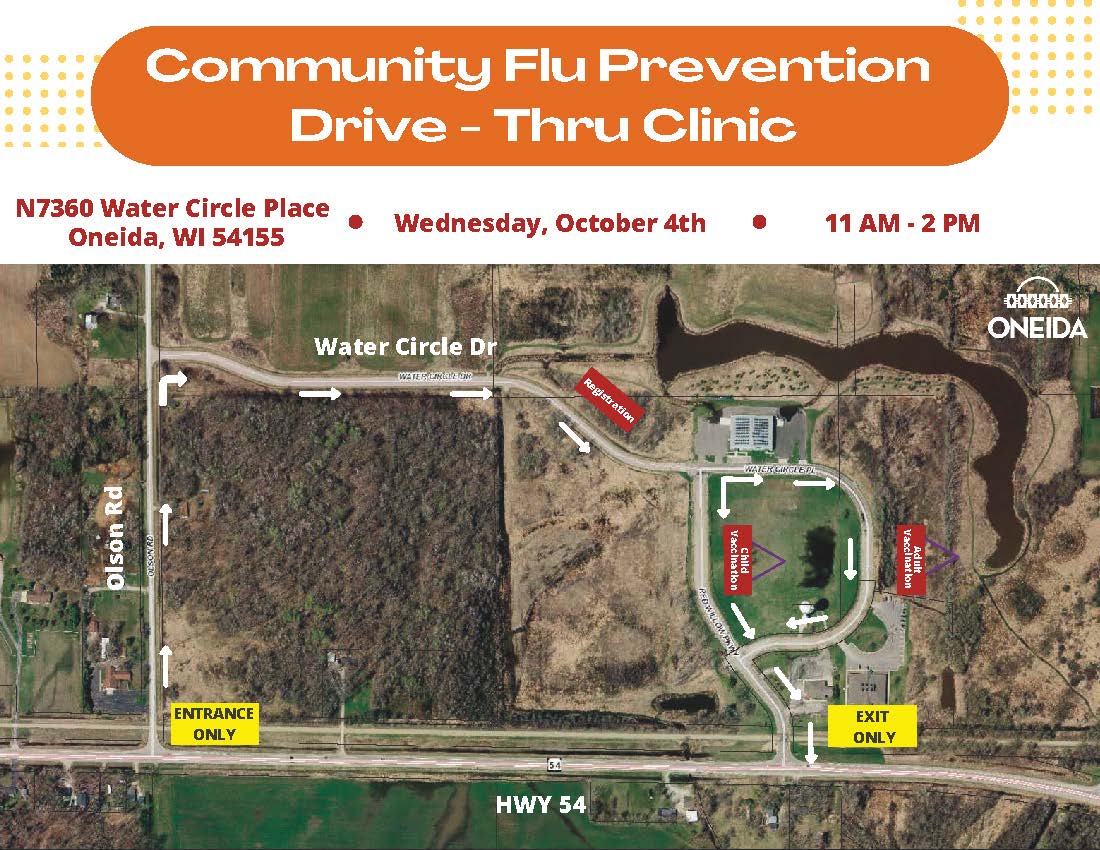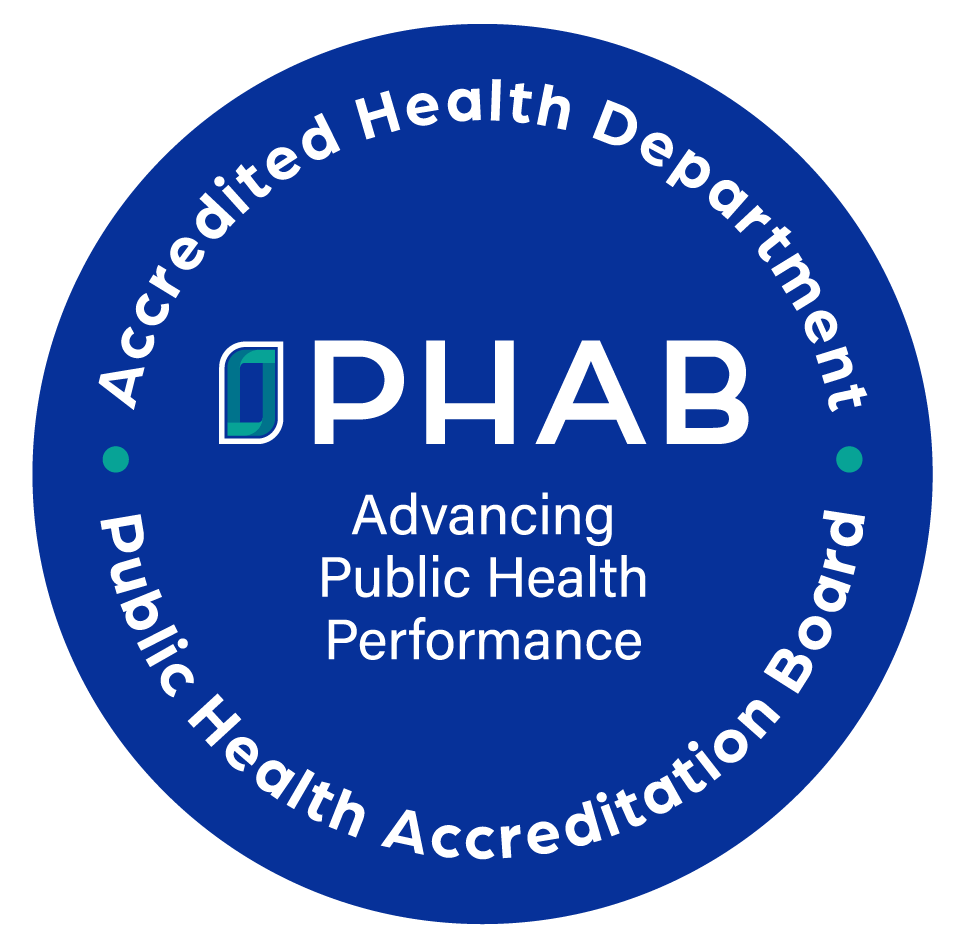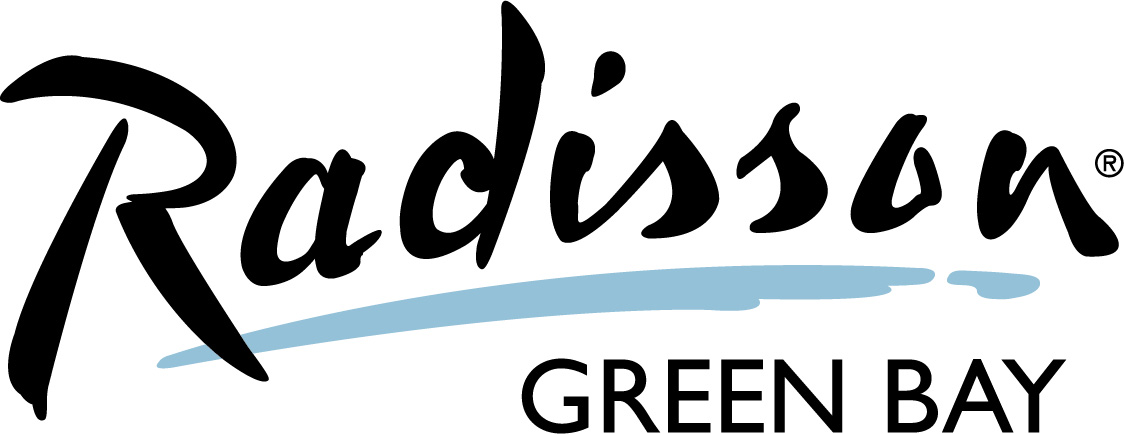Community Health Services
Mission: The Community Health Services Department is a responsive leader in promoting health and preventing disease through collaborative efforts in assessing, planning, implementing, and evaluating services to meet the holistic health needs of our Oneida Community.
News & Updates


Delivery Methods among Native mothers in Brown County Study
Written 6.19.23

Community Health Assessment & Improvement Plan
2022-2027 Community Health Assessment and Improvement Plan
 |
Click here to view the 2022 Community Health Assessment For a PDF version, click here. |
2017-2022 Community Health Assessment and Improvement Plan
2017 Community Health Assessment (CHA)
2017-2022 Community Health Improvement Plan (CHIP)
Public Health Accreditation
| Oneida Community Health is in the process of Public Health Reaccreditation! The Community Health Department received initial public health accreditation in November, 2018 – becoming the second tribal health department to achieve accreditation in the country! The Community Health Department is proud to be recognized by the Public Health Accreditation Board (PHAB) and is working to be reaccredited for 2023-2028. Public health accreditation helps guide public health work to improve the health of the Oneida Community. The Community Health Department has been working to maintain accreditation for the past five years and will apply for reaccreditation in fall of 2023. Click here to learn more about what health departments have received PHAB accreditation. |  |
Community Health Services Accreditation Resources:
National Indian Health Board Website
Public Health Accreditation Board Website
Community Health Services Essential Public Health Services Poster
How Accreditation Improves Our Health
Hospitals, schools, police, and fire departments employ standards to help protect and serve the public. Public health accreditation standards assure local health departments maximize their potential to protect and improve people’s health in their communities. Accreditation is a successful program for routinely assessing performance and improving quality!
COVID-19
Information and Resources on COVID-19
- Preventing COVID-19 Spread in Communities
- Prevent Getting Sick
- Symptoms of COVID-19
- What to do if you are sick with COVID-19
- Quarantine & Isolation
- COVID-19 Cases & Data Tracker
COVID-19 Vaccine
The COVID-19 vaccine is provided at the Oneida Community Health Center. Please call 920-869-4840 for any questions.
 |
Looking to hold a COVID-19 Vaccine Clinic at your event or within your department? Fill out this form and to request a COVID-19 vaccine clinic. To submit, follow the directions listed on the form. |
COVID-19 Vaccine Guidelines
Oneida Community Health Services – COVID-19 Success Story
The Oneida Nation COVID-19 Vaccine Distribution team has been hard at work the past 2 years, holding COVID-19 vaccine clinics in a variety of locations and offering community members access to the COVID-19 vaccine. Check out the video below highlighting the work of this team.
Additional Information
For additional information on COVID-19, please visit the CDC or Wisconsin Department of Health Services.
About Us
Director of Community Health Services
Michelle Tipple, BSN, RN – Community/Public Health Officer
| Community Health Case Management |
| Brenda Haen, BSN, RN – Community Health Manager |
| Brittany Skenandore, BSN, RN – Community Health Nurse – Case Manager |
| Julia Jones, BSN, RN – Community Health Nurse – Case Manager |
| Lauren Cornette, BSN, RN – Community Health Nurse – Case Manager |
| Lisa Miller – Community Health Representative |
| Louetta Fowler, BSN, RN – Community Health Nurse – Case Manager |
| Maria Danforth – Community Health Representative |
| Neva Archiquette – Community Health Representative |
| Phyl Shaline, BSN, RN – Community Health Nurse – Case Manager |
| Toni Walking Eagle – Community Health Representative |
| Community Health Long Term Care Case Management |
| Carrie Lindsey, BSW, CSW – Case Management Program Manager |
| Beatrice Skenandore – Home Care Worker |
| Debra Miller, BSW, CSW – Dementia Care Specialist |
| Heather Brocker – Home Care Worker |
| Lisa Voda, RN – Tribal Option RN |
| Rachel Lemke, BSW – Tribal Option Social Worker |
| Tamar Ramirez – Home Care Worker |
| Health Promotion Disease Prevention |
| Stefanie Reinke, CHCW – Health Promotion Manager |
| Amanda Riesenberg, CHCW – Stroke Prevention Wellness Coach |
| Dawn Krines Glatt, CHCW – Health Promotion Specialist |
| Hanna Leisgang, CHCW – Health Promotion Coordinator |
| Maria Doxtator Alfaro – Data Coordinator |
| Tahkwatekwa (Tek) Skenandore, CPC – Health Promotion Specialist |
| Taylor Jean, NBC-HWC – Health Promotion Specialist |
| Nutrition Services & WIC Program |
| Susan Higgs, RDN, CD, WIC Nutrition Manager |
| Alyssa Hudak, RDN, CD, CLC, WIC Nutritionist Lead |
| Brianna Grosso, RDN, CD, Dietitian – Youth Consultant |
| Elizabeth Schwantes, RDN, CD, CDCES Dietitian – Certified Diabetes Care & Education Specialist |
| Heidi McCann, RDN, CD, CLS Dietitian-WIC Outpatient |
| Kelly Knoebel, RDN, CD, IBCLC, Dietitian-WIC Outpatient |
| Makenit Gutierrez, Breastfeeding Peer Counselor |
| Population Based Programming |
| Debra Santiago, BSN, RN – Public Health Manager |
| Andrea Kolitsch Zahringer, BSN, RN – Community/Public Health Nurse |
| Betsey Nickel, BSN, RN – Community/Public Health Nurse |
| Candi Cornelius, MSN, RN, CLC – Prenatal Care Coordinator |
| Carol Torres – Administrative Assistant |
| Char Kizior, BSN, RN, NCSN – Headstart Nurse Consultant |
| Leah Fuss, MSN, RN – Community/Public Health Nurse |
| Mercedes Drew, BSN, RN – School Nurse Consultant |
| Mollie Passon, CHES – Public Health Coordinator |
| Peggy Helm Quest, MSEd, MHA-PH – Public Health Coordinator |
Resources
Environmental Resources
Oneida Environmental Health, Safety, Land & Agriculture
Permits & Licenses
Chronic Wasting Disease
Lead-Safe Wisconsin
Communicable & Reportable Disease
Wisconsin Department of Health Services: Disease Reporting
Hepatitis C Data in Wisconsin
Outbreaks in Wisconsin
Food Borne Illnesses
Public Health Law
Public Health Law and Code of Wisconsin
Public Health Laws and Code of Oneida
Additional Resources:
WI Department of Health Services
Centers for Disease Control and Prevention (CDC)












